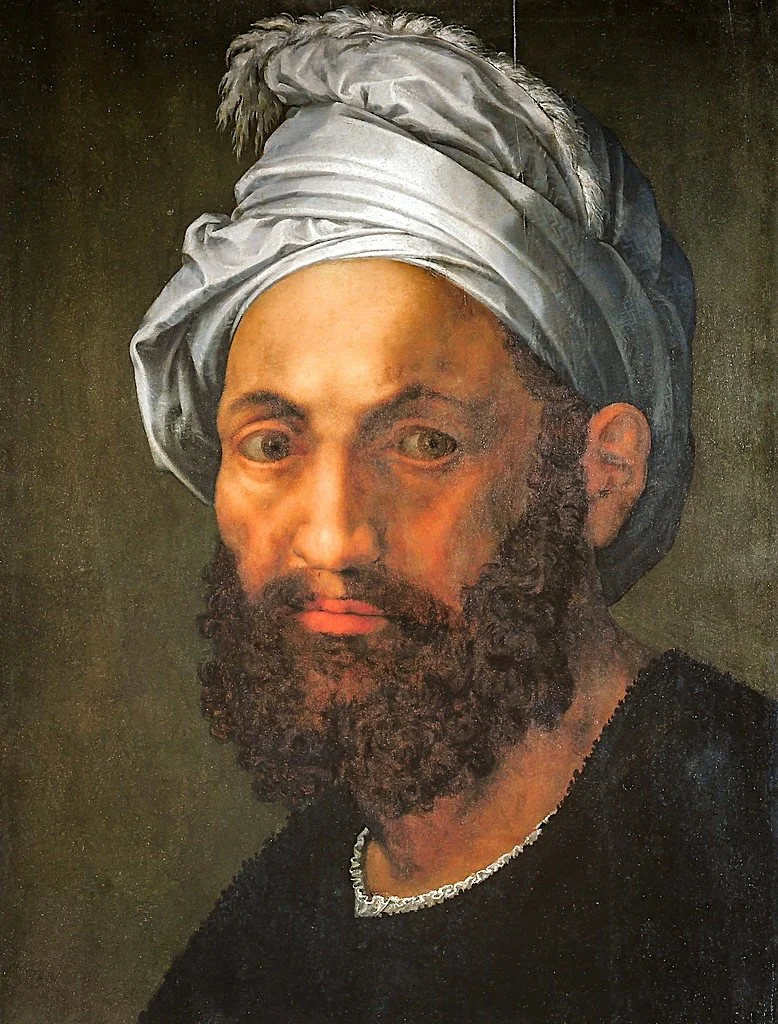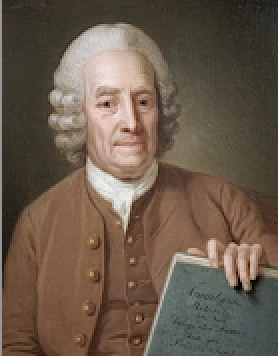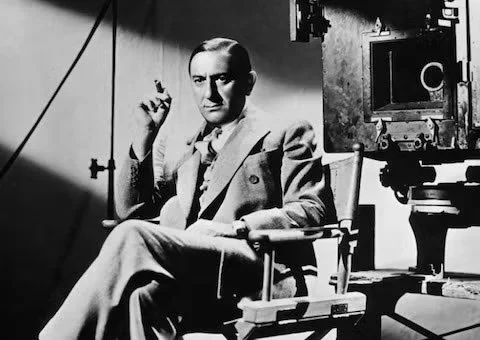JANUARY 29
GIULIANO BUGIARDINI (Jan. 29, 1475)
January 29 is the birthday of Italian Renaissance painter GIULIANO BUGIARDINI (1475-1555).
Bugiardini "has long been criticized as a mediocre talent incapable of understanding the formal principles of Michelangelo, Raphael, Leonardo and Fra Bartolomeo, all major influences on his work. Michelangelo himself wrote that Bugiardini was a 'good person but a simple man,' and Vasari claimed that Michelangelo was envious of Bugiardini since he was happy with what little skill he had, in contrast to Michelangelo was never satisfied with his works." (Wikipedia)
To see examples of Bugiardini’s art, CLICK HERE.
EMANUEL SWEDENBORG (Jan. 29, 1688)
January 29 is the birthday of Swedish scientist, philosopher, theologian and mystic EMANUEL SWEDENBORG (1688-1782).
Swedenborg "had a prolific career as an inventor and scientist. In 1741, at 53, he entered into a spiritual phase in which he began to experience dreams and visions, beginning on Easter Weekend, on 6 April 1744. It culminated in a 'spiritual awakening' in which he received a revelation that he was appointed by the Lord Jesus Christ to write The Heavenly Doctrine to reform Christianity. According to The Heavenly Doctrine, the Lord had opened Swedenborg's spiritual eyes so that from then on, he could freely visit heaven and hell and talk with angels, demons and other spirits and the Last Judgment had already occurred the year before, in 1757." (Wikipedia)
“A life of kindness is the primary meaning of divine worship.”
“Charity is like warmth in springtime or summer that causes grass, plants, and trees to grow. Without charity, or spiritual warmth, nothing grows.”
“Love comes into being through useful service to others.”
“The essence of love is that what is ours should belong to someone else. Feeling the joy of someone else as joy within ourselves-that is loving.”
“Seen in its own right, a loving person's inner spirit is an angel of heaven, and while we are living in the body we are also in the company of angels, even though we are not aware of it; and once we are released from the body we join them.”
ANTON CHEKHOV (Jan. 29, 1860)
January 29 is the birthday of Russian playwright, short story author and medical doctor ANTON CHEKHOV (1860-1904).
"We shall find peace. We shall hear angels, we shall see the sky sparkling with diamonds."
Chekhov "was a Russian playwright and short-story writer who is considered to be one of the greatest writers of all time. His career as a playwright produced four classics, and his best short stories are held in high esteem by writers and critics. Along with Henrik Ibsen and August Strindberg, Chekhov is often referred to as one of the three seminal figures in the birth of early modernism in the theatre. Chekhov was a physician by profession. 'Medicine is my lawful wife,' he once said, 'and literature is my mistress.'" (Wikipedia)
FREDERICK DELIUS (Jan. 29, 1862)
January 29 is the birthday of English composer FREDERICK DELIUS (1862-1934).
Sir Thomas Beecham, the great English conductor and champion of Delius, wrote:
"'The best of Delius is undoubtedly to be found in those works where he disregarded classical traditions and created his own forms.' Fenby echoes this: 'the people who really count are those who discover new ways of making our lives more beautiful. Frederick Delius was such a man.' Palmer writes that Delius's true legacy is the ability of his music to inspire the creative urge in its listeners and to enhance their awareness of the wonders of life. Palmer concludes by invoking George Eliot's poem The Choir Invisible: 'Frederick Delius ... belongs to the company of those true artists for whose life and work the world is a better place to live in, and of whom surely is composed, in a literal sense, 'the choir invisible/Whose music is the gladness of the world'.'" (Wikipedia)
W.C. FIELDS (Jan. 29, 1880)
January 29 is the birthday of W.C. FIELDS (1880-1946).
"I'll never forget the time we were traveling through the wilds of Afghanistan. We lost our corkscrew and were compelled to live on food and water for several days."
Fields' "career in show business began in vaudeville, where he attained international success as a silent juggler. He began to incorporate comedy into his act and was a featured comedian in the Ziegfeld Follies for several years. He became a star in the Broadway musical comedy Poppy (1923), in which he played a colorful small-time con man. His subsequent stage and film roles were often similar scoundrels or henpecked everyman characters.
Among his trademarks were his raspy drawl and grandiloquent vocabulary. His film and radio persona was generally identified with Fields himself. It was maintained by the publicity departments at Fields's studios (Paramount and Universal) and was further reinforced by Robert Lewis Taylor's 1949 biography W. C. Fields, His Follies and Fortunes." (Wikipedia)
ERNST LUBITSCH (Jan. 29, 1892)
January 29 is the birthday of German-born American film director ERNST LUBITSCH (1892-1947).
"I've been to Paris France and I've been to Paris Paramount. Paris Paramount is better."
Lubitsch's "urbane comedies of manners gave him the reputation of being Hollywood's most elegant and sophisticated director; as his prestige grew, his films were promoted as having 'the Lubitsch touch.' Among his best known works are Trouble in Paradise (1932), Design for Living (1933), Ninotchka (1939), The Shop Around the Corner (1940), To Be or Not to Be (1942) and Heaven Can Wait (1943).
He was nominated for the Academy Award for Best Director three times for The Patriot (1928), The Love Parade (1929), and Heaven Can Wait (1943); his pictures The Smiling Lieutenant and One Hour with You were also nominated for Outstanding Production in 1932. In 1946, he received an Honorary Academy Award for his distinguished contributions to the art of the motion picture." (Wikipedia)
BARNETT NEWMAN (Jan. 29, 1905)
January 29 is the birthday of American painter and etcher BARNETT NEWMAN (1905-1970).
“Man's first expression, like his first dream, was an aesthetic one. Speech was a poetic outcry rather than a demand for communication. Original man, shouting his consonants, did so in yells of awe and anger at his tragic state, at his own self-awareness and at his own helplessness before the void.”
Newman "was an American painter. He has been critically regarded as one of the major figures of abstract expressionism, and one of the foremost color field painters. His paintings explore the sense of place that viewers experience with art and incorporate the simplest forms to emphasize this feeling." (Wikipedia)
To see examples of Newman’s art, CLICK HERE.







